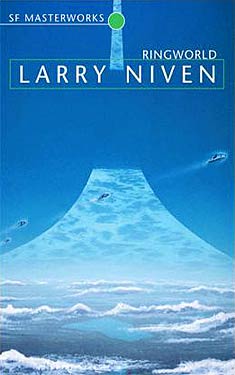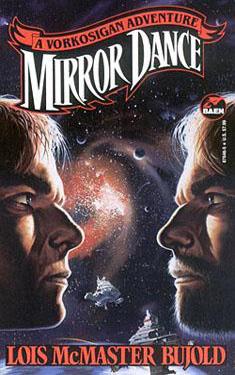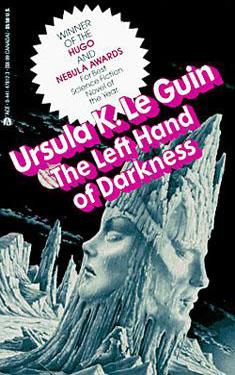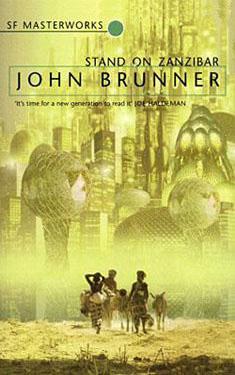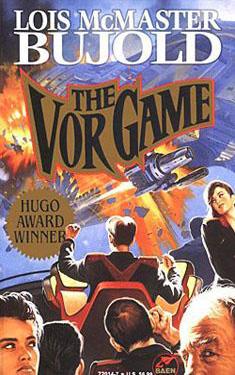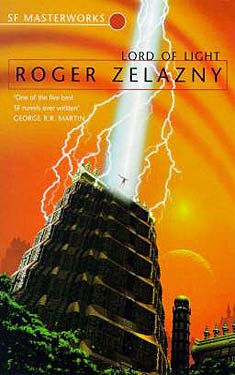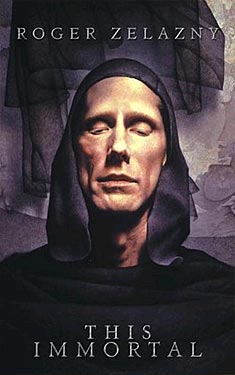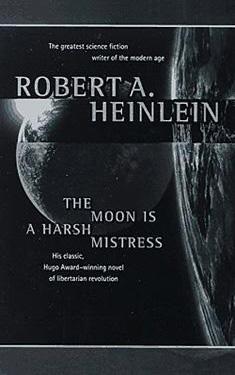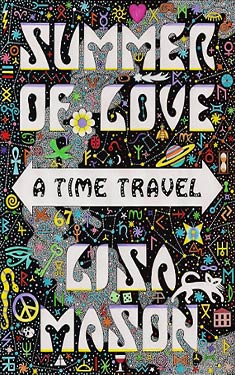CJ Cherryh
Completed 10/30/2013, reviewed 10/31/2013
2 stars
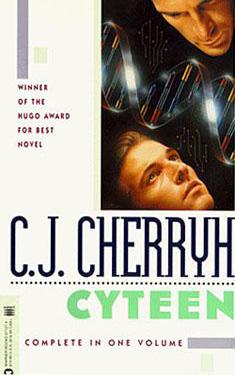 I first tried to read Cyteen this summer. I borrowed it from the library and started
it, four times, then returned it. The
first fifty pages were leaden with a huge number of characters and complex
political intrigue, and I just couldn’t get my head around it. On the day I was laid-off from work, I checked
it out from the library again, still needing to read it for my personal Hugo challenge,
and thinking I could use it for my WOGF challenge. Being unemployed, I’d have the time to hunker
down and give it better try. I devoted
ten days to this complex 680 page behemoth which seemed to mix elements from
the classics of SF and paranoia literature:
“Brave New World,” “1984,” “Future Shock,” and Kafka’s “The Trial.” When I was done, I felt sorely cheated.
I first tried to read Cyteen this summer. I borrowed it from the library and started
it, four times, then returned it. The
first fifty pages were leaden with a huge number of characters and complex
political intrigue, and I just couldn’t get my head around it. On the day I was laid-off from work, I checked
it out from the library again, still needing to read it for my personal Hugo challenge,
and thinking I could use it for my WOGF challenge. Being unemployed, I’d have the time to hunker
down and give it better try. I devoted
ten days to this complex 680 page behemoth which seemed to mix elements from
the classics of SF and paranoia literature:
“Brave New World,” “1984,” “Future Shock,” and Kafka’s “The Trial.” When I was done, I felt sorely cheated.
Cyteen is a planet in an interplanetary system recently out
of a disastrous war. The government is
controlled by the Expansionists and dominated by the powerful, arrogant, and
manipulative head of Science, Ariane Emory.
Ariane is murdered. Jordan
Warrick, a colleague and rival, admits to the murder and is exiled to the
opposite side of the planet. It’s not a
spoiler. That’s just the setup, the
first 150 pages. The rest of the book
follows the coming of age of Ariane’s clone, also called Ariane, and her
relationship to the tortured but brilliant Justin Warrick, Jordan ’s clone/son.
This book has a lot of interesting concepts. One of the most central is the “azi,” cloned
people who learn and are trained using tapes, sort of like subliminal
messaging. These tapes are programmed so
that different azi are able to perform different functions in society. Citizens, or CITs, are regular people,
sometimes clones, but not azis. They may
also learn via tapes. The difference is
azis are never allowed the ability to completely think for themselves. The whole of an azi or CIT’s tape library is
called a psychset. Reseune, the powerful
scientific research center of Cyteen, exists for the study and development of
cloning and psychsets. Ariane and Jordan
were brilliant psychset developers.
While these concepts were great, it is also the cause of my
disappointment in the book. Despite the
scientific and sociological wonders, it felt like Cherryh never developed a
real story out of them. The book feels
more like a simple novelization of the life of a famous person. There was no real plot, direction, or denouement. The setup takes place, then
we watch Ari, the clone, grow from infant to young adult. There’s some tension because you don’t know
if she’s going to be ruthless like her progenitor, or more compassionate. But it just feels like a series of events
written around the science.
Another big disappointment was finding that the book didn’t
end. There was no conclusion or
resolution. It just stopped. There’s a lot of drama at the end, but nothing to bring closure to the story. And you see it
coming. As I was finishing the book, I just keep
reading, and reading, and thinking “Oh no, it’s not ending…Fifty pages left and
it’s not ending…forty…thirty…where’s the ending?” You get to the last few lines of the book, and there’s a
very simple wrap-up with no emotional impact.
I researched the book on the internet and sure enough, there’s a direct
sequel. Aaaargh! That’s when I felt cheated. Ten days of my life, and there’s a sequel.
A third issue is the Kafka-esque harassment of Justin by
Ariane’s uncles. Justin is constantly
abused by Denys and Geraud Nye. I
couldn’t figure out why they kept on abusing Justin so horribly, turning this
brilliant software developer into a miserable, paranoid victim. He already has PTDS from his interaction with the first Ariane. Their motivation for continued abuse and torture just isn't clear. Maybe because the book was so long, I just lost sight of it. But after a while, it
just seemed like Cherryh was a sadist nursing a fetish.
Now, the technical complaints. I have never seen--- never seen---- such an
overuse of dashes and repeated words and phrases. Words and phrases. My initial guess was that Cherryh was trying
to use punctuation and repetition to more accurately mimic real thought,
speech, and conversation. I found it
distracting and annoying.
There was also a unique dropping of words in phrases. The most notable were the use “of a sudden”
instead of “all of a sudden” and “what hell” instead of “what the hell.” At first I though this was a publishing or editing
error. But she uses “of a sudden” a lot,
and “all” is never part of the phrase. And
words seem to be missing throughout the book.
Whether it was her style, her editor, or her publisher, I found it terribly
distracting and annoying. Between that
and the complexity of the science and politics, it made the book very hard to
read.
After all that, I will admit that the book wasn’t all
bad. As I mentioned at the beginning,
the science is really interesting. I was
lost at times when it got into heavy sociology, but still, I enjoyed it.
I also really liked the character development of the Ari the
clone. As her story unfolded, I found I
really liked her, and wanted her to succeed in everything, and believe she was striving
for honesty and integrity. In
retrospect, I find this an interesting experience, because the
setup at the beginning is written so that you hate her and are rooting for the
opposition. But by the end, I was
rooting for Ari.
I liked the relationship between Justin and his personal
azi, Grant. Justin and Grant were raised
together, as many people and their azi are.
Their relationship is incredibly
intimate, but as the story progresses, it becomes pretty clear that they are
lovers. This relationship becomes profound. I wanted Cherryh to explore that a little
more. The only affirmation of it is one
point where Ari makes note of a rumor. And
that little reference just felt like a cop-out.
For a rating, I have to give this book two stars, solely for
the universe she created. I just don’t
like books that don’t have a plot or an ending.
I also don’t like books that need such a long setup. I felt like I wasted my time. I had no gratification in finishing it, nor
did it give me any motivation to even consider reading the sequel. In fact, it makes me dread reading her other
Hugo winner, “Downbelow Station.”
